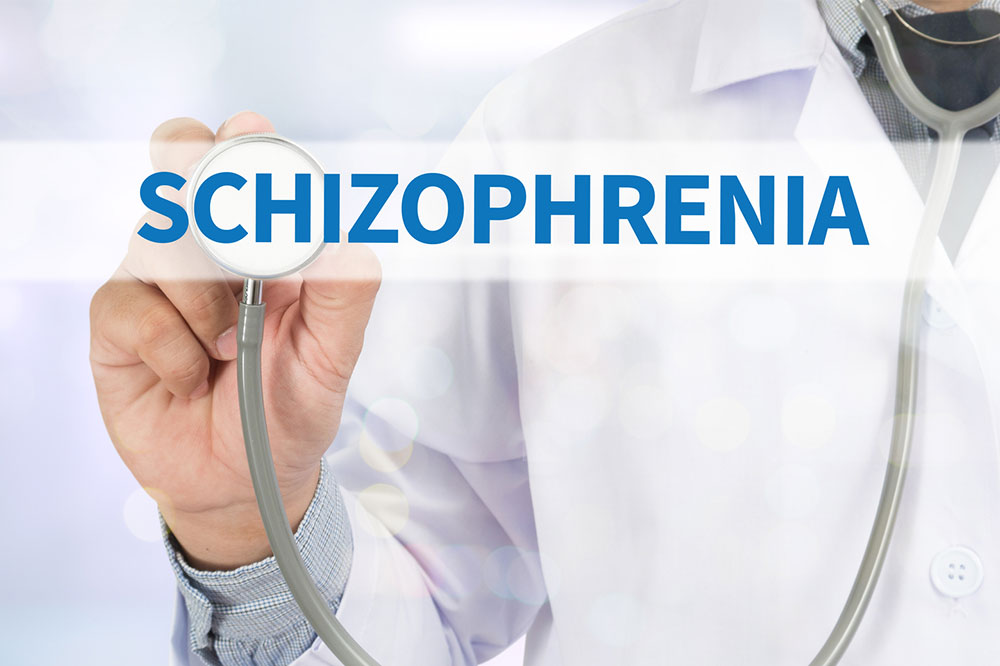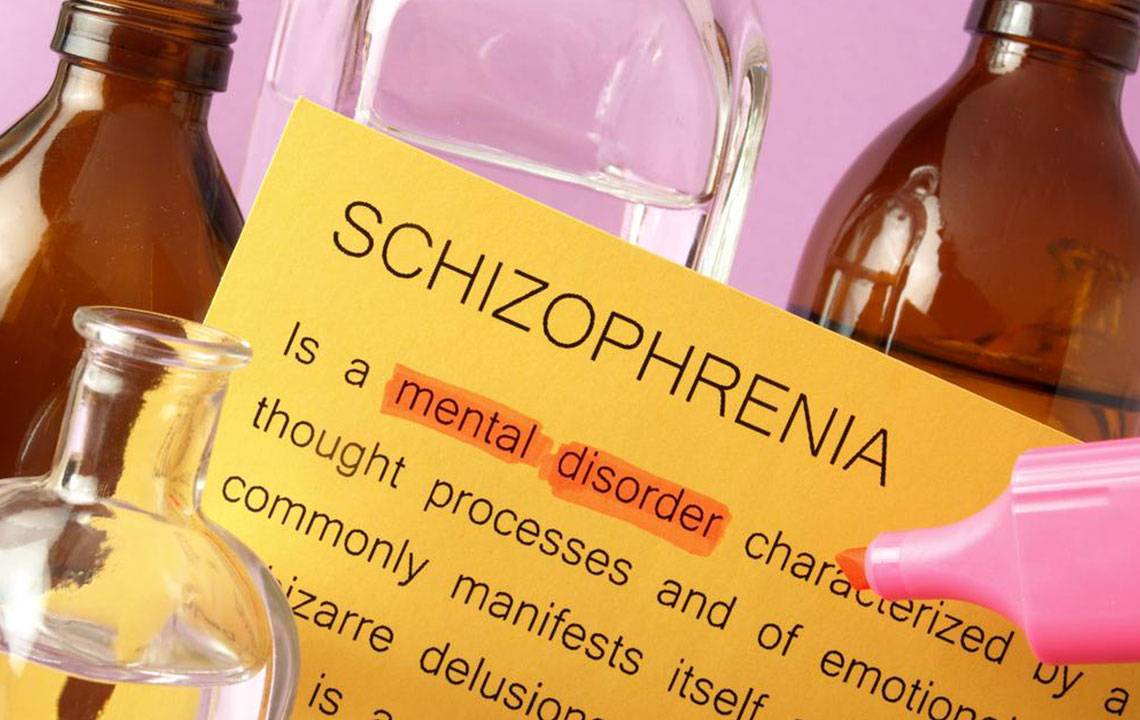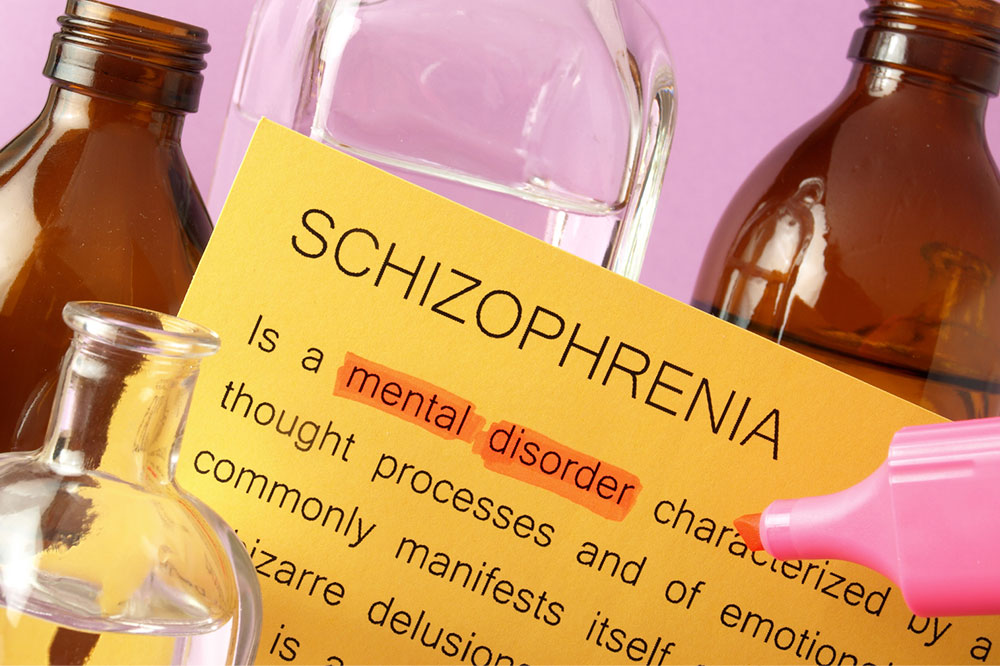Understanding Schizophrenia: Key Symptoms and Treatment Options
Schizophrenia is a prevalent mental disorder impacting social interaction and perception of reality. Symptoms include hallucinations, delusions, and cognitive challenges. Early recognition and treatment, primarily through medication and therapy, are vital for managing the condition. Understanding these signs can lead to better outcomes and improved quality of life for those affected.

Understanding Schizophrenia: Key Symptoms and Treatment Options
Schizophrenia is a common mental health disorder characterized by distorted perceptions of reality and difficulties in social interaction. Many young adults, particularly in their early twenties, may experience severe symptoms that impact their daily lives. These long-lasting effects can potentially last a lifetime if not addressed early.
About the disorder Schizophrenia influences an individual’s quality of life, often leading to social withdrawal, difficulty maintaining employment, substance abuse, and increased risk of self-harm. Recognizing early warning signs and seeking prompt treatment are crucial for managing this condition effectively.
The impact of schizophrenia Globally, about 0.3-0.7% of the population is affected by schizophrenia. In 2013, an estimated 23.6 million people worldwide were diagnosed, with only around 20% effectively managing the condition. Schizophrenia can result in shorter life expectancy due to increased risks of suicide, substance abuse, and associated health complications. Homelessness and inability to sustain a stable income are also common among affected individuals.
While there is no cure, various symptoms can be managed with medication and therapies. Antipsychotic drugs are the standard treatment, complemented by supportive counseling and therapy to improve outcomes.
Common signs and symptoms
Hallucinations, especially hearing voices or perceiving unreal threats, are among the most recognizable symptoms.
Delusions of persecution or unrealistic beliefs often accompany hallucinations in individuals with schizophrenia.
Difficulty with speech, processing thoughts, and communicating effectively are common cognitive impairments associated with the disorder.
Attention problems, memory issues, and learning difficulties can hinder education and job stability if left untreated.
If these symptoms last more than a month in yourself or loved ones, prompt medical evaluation is essential.










